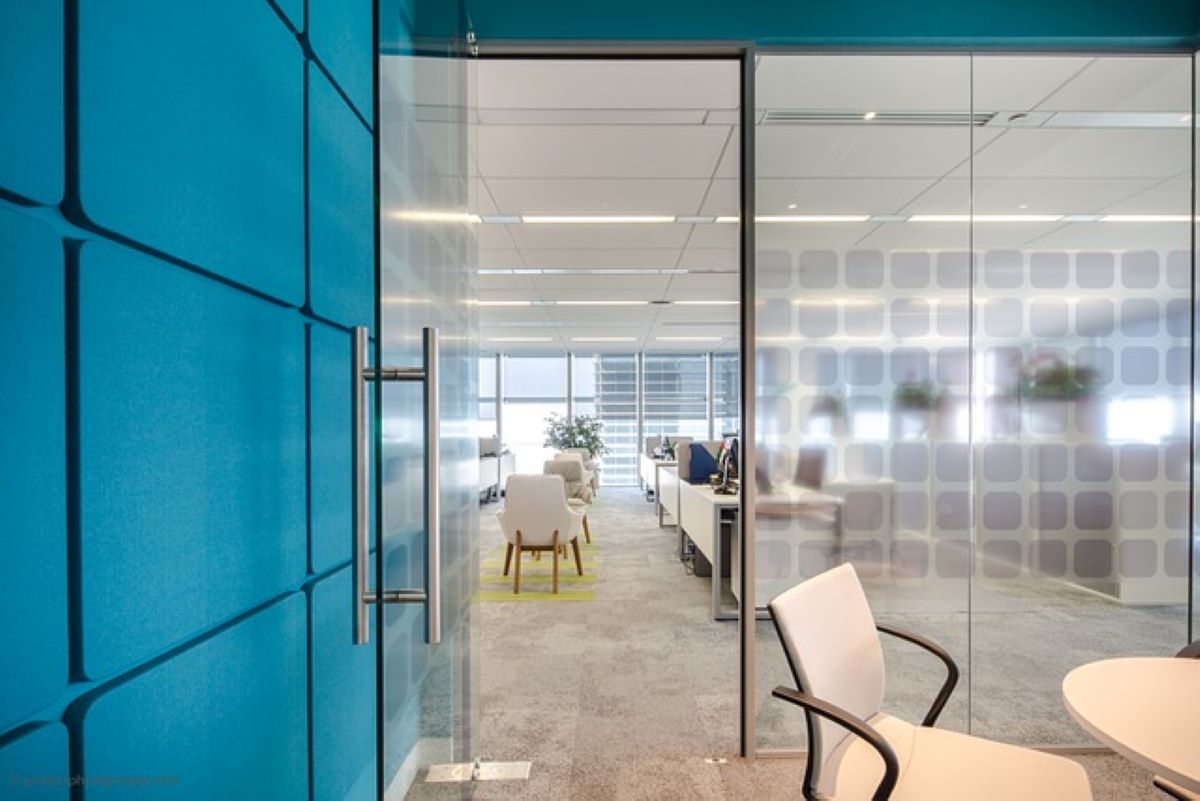A lease and its associated expenses can be a business owners’ largest expense that many tenants may be overpaying for or be stuck with hidden fees.
Leases are legally binding contracts that should be thoroughly looked over and more importantly understood before signing. If the terms of the lease agreement are not understood, the lessee (business owner/tenant) could be at risk for major unforeseeable expenses that could have otherwise been negotiated out of the lease agreement.
Types of Leases
Before we dive into negotiating leases, we should first understand the different types of leases.
Single Net Lease or Net Lease
In this lease, the tenant only pays for the utilities and property tax, while the landlord handles maintenance, repairs, insurance, etc.
Net-Net or Double Net Leases
This lease requires the tenantto be responsible for paying only the utilities, property tax, and insurance premiums of the property. While the landlord pays for the maintenance and repairs.
Triple Net Lease (NNN)
A triple net lease the tenant is responsible for paying the building’s property taxes, insurance, and any maintenance or repairs on the property.
Modified Gross Lease
A modified gross lease sometimes referred toas a full-service gross or modified net lease is a lease that splits most of the expenses with the landlord. Typically, they will split property taxes, insurance, maintenance (and common area maintenance or CAM), and repairs.
Compare Your Business Needs and the Length of the Lease
The first step you should take before diving into the negotiation process is to do some research into the projected growth of your business and determine the optimal size of the space you may need. You may want to look for a space that offers a little bit more space than you currently need but could grow into. You may also want to negotiate a shorter lease term in the event you want to move to a larger space down the line.
Leave plenty of Time for Negotiations
The last thing you want is to not give yourself enough time for negotiating. Finding yourself in a time crunch can result in less than favorable conditions for negotiating on your side. Be smart and give prepare early. Expect multiple in-person meetings, phone calls, emails, etc.
Involve a Professional to Help You Negotiate
There are lawyers, brokers, and a few companies that are dedicated to helping business owners review leases in order to make sure you get a fair deal on the conditions of the lease. It is a good move that, despite having some upfront costs, could save you a lot of money in the long run, especially if signing a long-term lease. These professionals will fight to ensure you get a favorable lease that benefits you as much as possible and they will work hard doing it.
Understand Your Costs
Make sure you carefully review the incidentals you are being asked to cover and be sure it works with your budget. Review the lease for future increases in base rent and incidentals, as they should be carefully specified. You may be able to negotiate changes here.
Look for Hidden Costs
If the lease requires you to pay for maintenance or repairs, have a professional inspect the condition of the building and the items that need regular maintenance/upkeep. If something is going to clearly need any repairs or regular maintenance, you can negotiate the costs of upkeep or repair of these items in the cost of the lease.
Favorable Clauses
You can negotiate a clause that’s favorable to your business. A classic example is your business takes a hit and you may need to downsize. You can negotiate a clause in the lease that would allow you to sub-lease your extra space to another tenant.
Examine the Termination Clause
You’ll want to negotiate a clause into the lease that allows you time to remedy a default before eviction. Ideally, this clause will allow you to pay one month’s rent rather than the entire amount owed on the lease. Additionally, you will want to negotiate any early termination fees should you decide to leave before the term of the lease is up.
Summary
The most important thing you can do for yourself is to completely and thoroughly understand the lease and everything that is outlined in the lease. It will allow you to realize the benefits and shortcomings outlined in the lease and give you the power to leverage the conditions in your favor. Do not be afraid to seek professional consultation either as outlined above. It could end up saving your business in the end.
Emily works for Biproxi, an end-to-end commercial real estate listing platform that connects buyers and sellers and is committed to providing the best tools, data, and applications to empower brokers to sell intelligently, and buyers to invest confidently.







